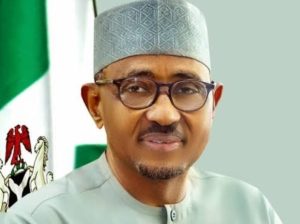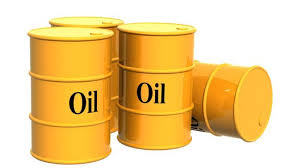
Oritsegbubemi Omatseyin
Lagos — The Nigeria Midstream and Downstream Petroleum Regulatory Authority, NMDPRA, has revealed that the daily petrol consumption in the country is between 45 million and 50 million litres.
The Chief Executive of the Nigerian Midstream and Downstream Petroleum Regulatory Authority, Farouk Ahmed, disclosed this at the 18th Africa Downstream Energy Week held in Lagos.
Farouk spoke of hike in petrol consumption during the fourth quarter of the year, especially near the holiday season, and attributed this to increased industrial and consumer activities.
“The current volume consumed by Nigeria which is trucked to the market ranges between 45 million litres and 50 million litres, including the buffer that exists. However, we see a lot of activities going on now, because during the fourth quarter of the year, especially towards Christmas, usually, the industries experience a high volume of activities but after this, we can see the consumption go down,” he said.
He expressed hope that recent price adjustments/market liberalisation would reduce cross-border smuggling, helping to retain more petrol within Nigeria.
“We hope that this price adjustment or liberalisation will discourage cross-border smuggling of the product because there will be less incentive to go across the border, meaning that the product will remain in- country. After this, we can see the level between real supply and actual demand in the market,” he added
He said that actual petrol consumption levels in Nigeria could decrease but were unlikely to drop significantly.
Discussing the conference’s theme, Ahmed emphasised the importance of alliances in the industry for efficiency and cost reduction.
He said that fewer shared facilities would be more efficient than numerous idle private depots, benefiting both businesses and consumers.
“Collaborations or alliances among stakeholders will lead to greater efficiency and lower costs for consumers,” Ahmed said.
He said that shared facilities among agencies such as NMDPRA, Nigerian Maritime Administration and Safety Agency and the Nigeria Ports Authority could reduce operational inefficiencies.
According to Ahmed, NMDPRA does not plan to enforce mergers but industry players are encouraged to consider partnerships, especially in saturated markets, to improve efficiency and lower costs for consumers.
“With strategic alliances in place, we can reduce costs for consumers by making the most of our existing infrastructure,” he said.
Ahmed gave the assurance that NMDPRA would continue with evaluating project viability to ensure consumer benefit. He emphasised that cooperation and operational effectiveness are crucial for achieving a sustainable energy future in Nigeria.



